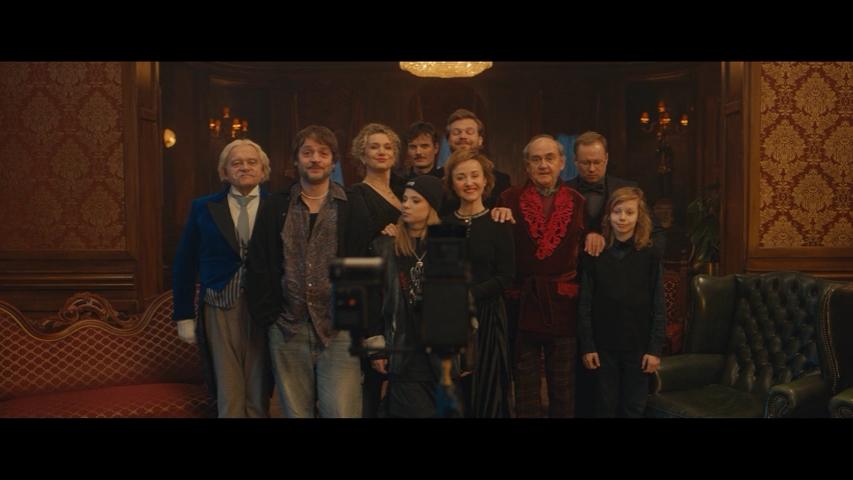PG-13 | 1h 34m | Drama, Comedy | 2024
“A large inheritance can turn a normal family into lunatics. An abnormal family? You’ll see.” This line, uttered by one of the characters of Polish director Sylwester Jakimow’s light-hearted whodunit, “Inheritance” ("Spadeck” in Polish), sets the scene.





